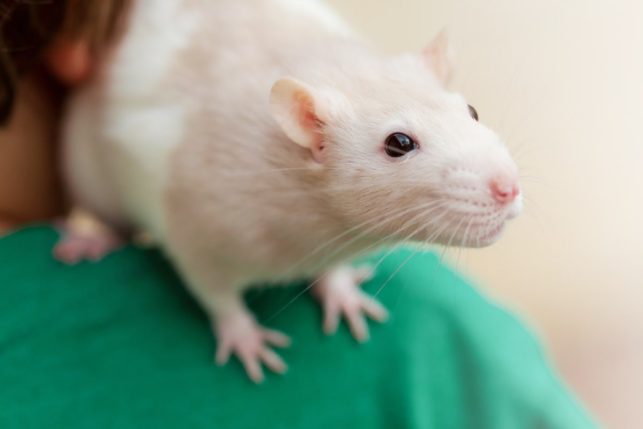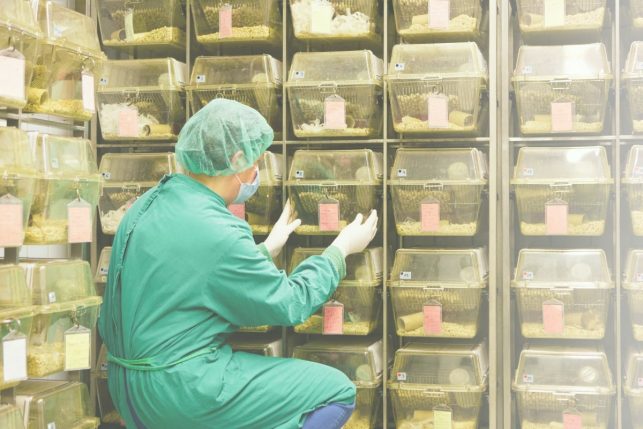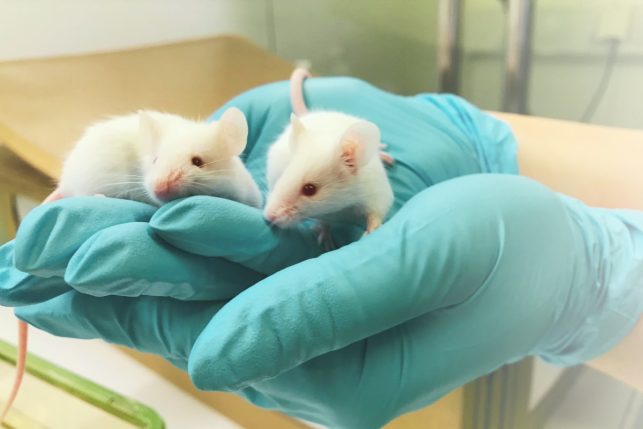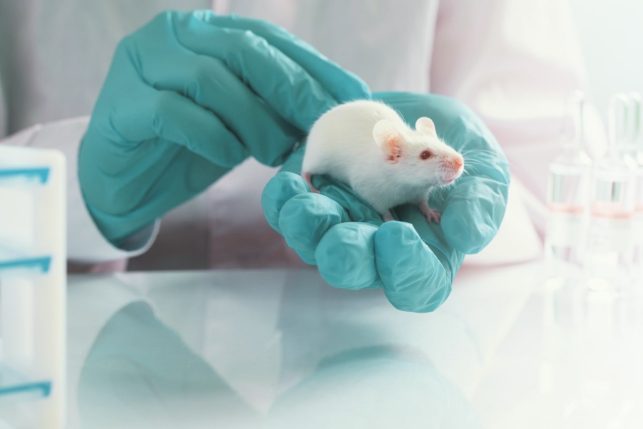Dogs
Treatment for rickets
Rabbits
Corneal transplants
Rabbits & Dogs
Local anaesthetics
Guinea Pigs
Discovery of vitamin C Blood transfusions
Humans share around 90% of their genes with all other mammals; because of this, animal research has been used to discover how the basic processes of the body function and investigate how these can go wrong when the body is affected by disease. This knowledge is vital if we are to develop treatments for illnesses affecting humans or animals. Animals also benefit from this research, through the development of veterinary medicines and procedures.
The creation of penicillin, blood transfusions, organ transplants and the administration of insulin to combat Diabetes have all come from research involving animals. There have been huge breakthroughs in the treatment for many illnesses thanks to animal research – Asthma, HIV, Meningitis, Cancer, and Parkinson’s to name a few.
Every human around the world has benefitted from animal research in one way or another, even down to taking something as simple as paracetamol for pain relief – just one of the many drugs that have been developed with the help of research.
Get In TouchAll research involving animals in the United Kingdom is licensed by the Home Office.
Less than 10 per cent of biomedical research uses animals.
The testing of cosmetic products and their ingredients on animals has been illegal in the UK since 1998 and across the EU since 2013.
127 UK organisations have signed the Concordat on Openness on Animal Research. We are all committed to educating and helping the UK public understand more about animal research.
Fish, cephalopods, birds, reptiles, amphibians and mammals, are protected under UK law, because of this, licences are needed to carry out research on these animals. Genetically modified animals (mostly mice) now make up over half of the animals used in research. Larger animals such as pigs, dogs and monkeys, account for less than 2% of the animals used in research.
Get In TouchAgenda Life Sciences supports the research community through the provision of services aimed at facilitating research. We believe that whilst animal research continues to make a valuable contribution to scientific understanding and the development of medical treatments, the animals should be always treated with dignity and respect.
Agenda Life Sciences fully supports the Reduction, Refinement and Replacement of the use of animals in research. Until viable alternatives to animals are available for all areas of research, the animals should be cared for by dedicated, professional and well-trained individuals who care passionately about animal care and welfare.
Animal welfare is a priority, but so also is the welfare of the dedicated people working with the animals and the welfare of the life science sector itself. Our ‘Welfare First’ programme is designed to consistently deliver standards of animal care and welfare that exceeds regulatory requirements. It puts in place the building blocks that underpin effective care and welfare; it is Agenda’s assertion that caring for the people that care for the animals in turn supports and nurtures a culture of care within the life science sector.
Get In TouchWe support the European Directive 2010/63/EU (“Directive”) on the protection of animals used for scientific purposes.
The use of animals in research has facilitated major breakthroughs in medicine which have transformed human and animal health. We support research using animals where alternative methods are not available, where the potential benefits to health are compelling, and where acceptable ethical and welfare standards can be met.
The European Directive 2010/63/EU has enhanced animal welfare standards and introduced the concepts of refinement, replacement and reduction (‘3Rs’) across the EU, while ensuring Europe remains a world leader in biomedical research. Under this Directive, animals may be used in research where the potential medical, veterinary and scientific benefits are compelling and there is no viable alternative method.
Get In Touch


